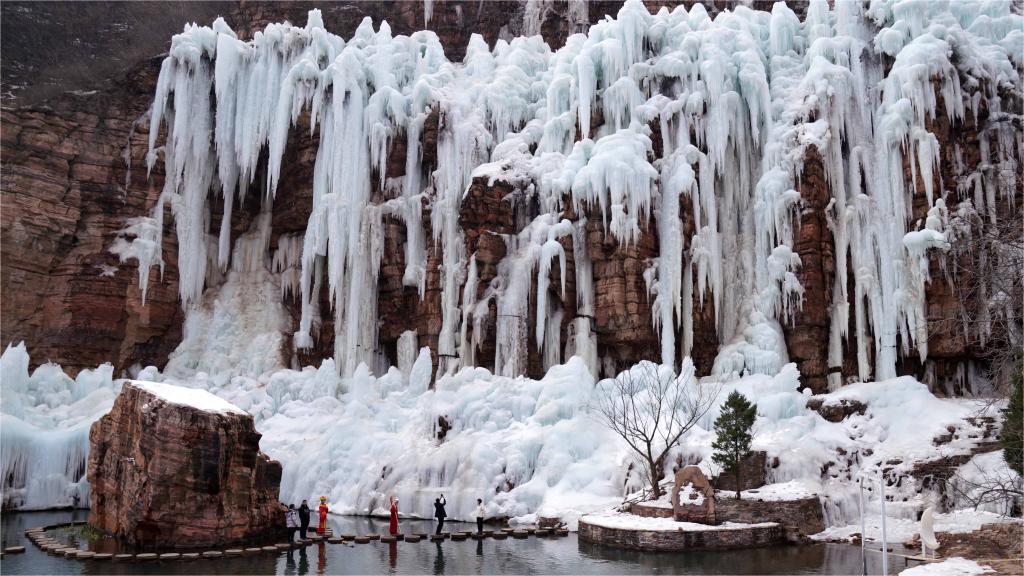New study suggests birds began their evolution long before demise of dinosaurs
BEIJING, Feb. 19 (Xinhua) -- A new study provides evidence suggesting that the evolution of modern birds commenced much earlier than previously believed, predating the extinction of dinosaurs.
Published earlier this month in the journal Proceedings of the National Academy of Sciences, the study was led by scientists from China and the United States who analyzed the genomes of 124 living bird species and created an evolutionary tree for Neoaves, which include 95 percent of all modern birds.
Combining fossil records, they found that the main lineages of birds can be divided into two groups, with one group representing land-based species and the other group representing waterbirds. They estimated that this split took place during the Late Cretaceous period (roughly 87 million years ago), long before the end-Cretaceous extinction event that wiped out dinosaurs approximately 66 million years ago.
The findings challenge the widely-held belief that the dinosaurian extinction was followed by a rapid evolution of bird species. Previous studies indicated that the catastrophe resulted in the elimination of birds' competition for resources, thereby facilitating their fast diversification into the 11,000 species we see today.
The extinction event "seems to have had a limited impact on birds' evolution," said first author Wu Shaoyuan, a professor from the Jiangsu Normal University in east China.
Researchers who worked on the study also found that a global warming event occurring 55 million years ago was responsible for the evolution of modern seabird species, such as penguins and seagulls.
The new findings provide a more comprehensive and refined perspective on the evolution of birds, said co-author Zhou Zhonghe, from the Institute of Vertebrate Paleontology and Paleoanthropology, the Chinese Academy of Sciences.
"The development of modern birds, unlike the previously acknowledged pattern of rapid evolutionary changes, is a gradual and continuous process driven by natural selection. They tend to align with the diversification of plants, mammals, fish and insects," Zhou noted.
Photos
Related Stories
- In pics: Birds enjoy days ahead of Spring Festival in SE China's Xiamen
- Fork-tailed sunbirds, snow-covered flowers create beautiful scene
- Eurasian oystercatchers spotted in Xiamen, SE China's Fujian
- Tiny nature reserve for rare birds in downtown
- Disabled bird conservationist E China's Jiangxi helps protect migratory birds
Copyright © 2024 People's Daily Online. All Rights Reserved.









